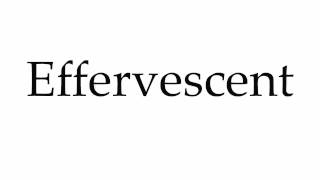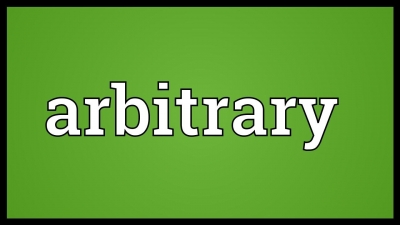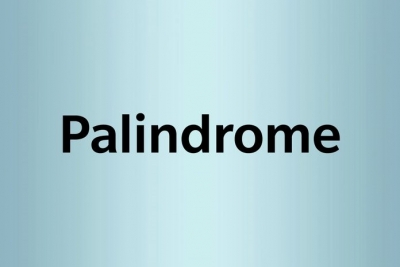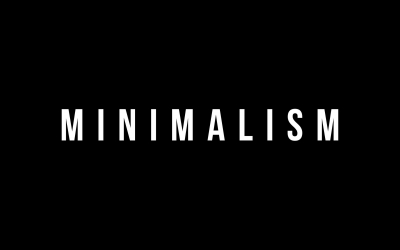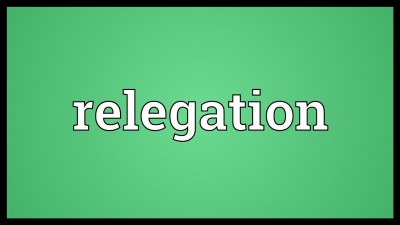What are the meaning, origin and usage of the word Fiasco?

Meaning
Fiasco is a noun which means a complete failure of some attempt, especially an ambitious project. The failure is often a big embarrassment.
Origin of the word
It comes from the French phrase, faire fiasco meaning “turn out a failure” often used in the 19th Century. In Italian the word ‘far fiasco’ meant “suffer a complete breakdown in performance.” In 1855, the word was often used among theater artistes to mean “a failure in performance”, but in time, it has acquired the general sense of “any ignominious failure or dismal op,” on or off the stage.
Used in a sentence
The leader took responsibility for the electoral fiasco.
Picture Credit : Google
